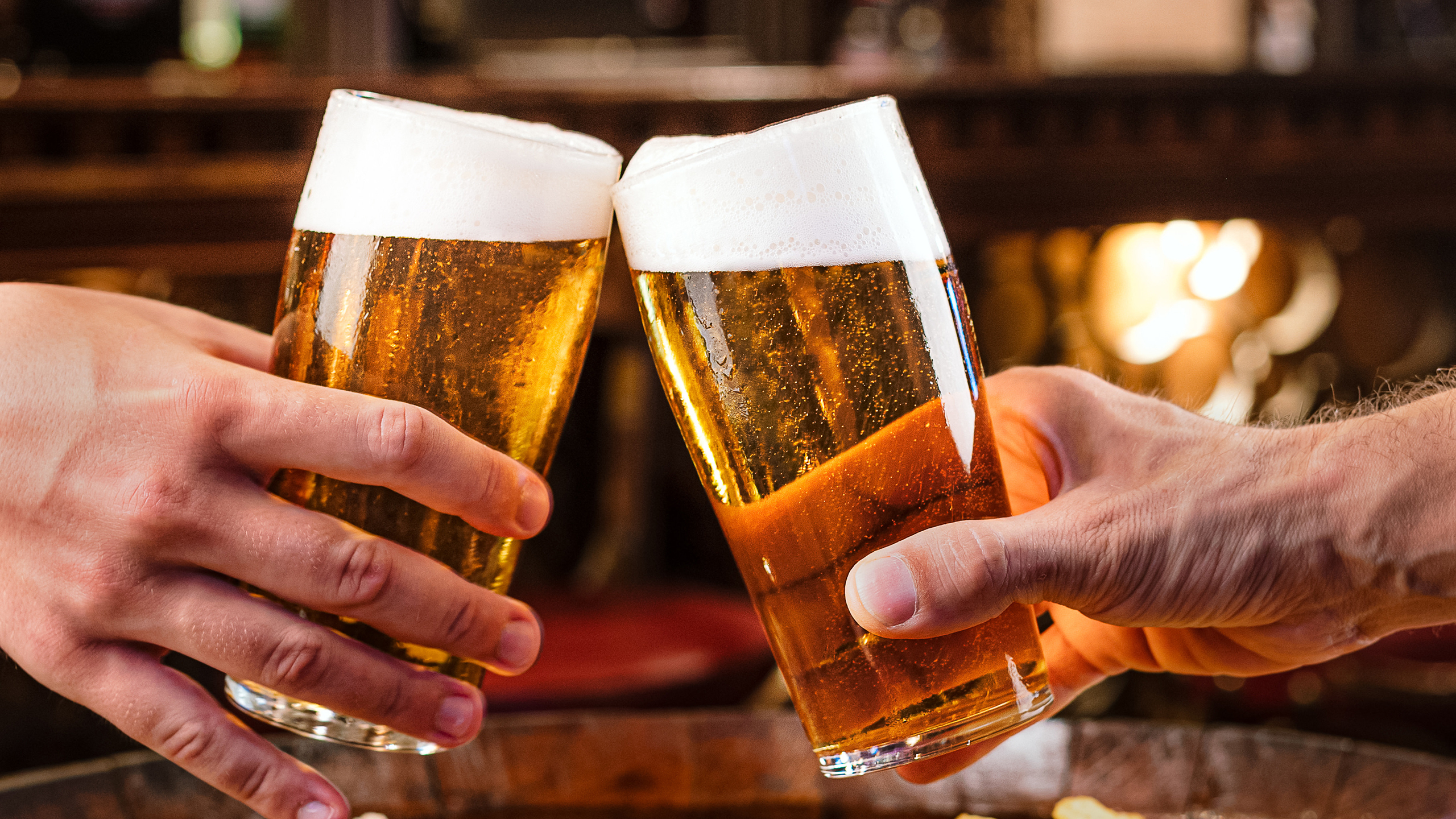-
Social Connection and Relaxation
Beer is often associated with socializing and relaxation. Whether at a pub with friends or enjoying a quiet evening, moderate beer consumption can help reduce stress and foster a sense of camaraderie. Sharing a beer can create bonds and enhance social interactions, contributing to emotional well-being.
-
Nutritional Content
Beer contains a variety of essential nutrients, including vitamins (such as B vitamins, particularly B6, B12, niacin, and folate), minerals (like potassium, magnesium, and phosphorus), and antioxidants. The grains and hops used in brewing provide some beneficial compounds that are thought to have health benefits.
-
Potential Heart Health Benefits
Some studies suggest that moderate beer consumption can be linked to a reduced risk of cardiovascular diseases. Beer contains antioxidants like polyphenols, which have been shown to improve heart health by preventing blood clots, reducing blood pressure, and increasing HDL ("good") cholesterol.
-
Bone Health
Beer, particularly darker varieties, contains dietary silicon, which is important for bone health. Silicon is a mineral that helps in the formation of collagen and the development of bone tissue. Moderate beer consumption has been linked to stronger bones, though this benefit is typically seen with specific types of beer, such as pale ales and stouts.
-
Improved Digestion
Beer is a good source of dietary fiber, particularly unfiltered beers. Fiber plays an important role in digestion by promoting regular bowel movements and supporting a healthy gut microbiome. Additionally, certain compounds in beer, like hops, may aid in digestion by promoting the release of gastric acids.
-
Lower Risk of Kidney Stones
Some research suggests that moderate beer consumption may lower the risk of kidney stones, especially in men. The high water content and the presence of compounds like hops can help dilute urine and prevent the formation of stones.
-
Cognitive Function and Protection
Moderate alcohol consumption, including beer, has been linked to a reduced risk of cognitive decline and dementia in older adults. Beer contains compounds such as polyphenols, which may have neuroprotective effects, though this is an area of ongoing research.
-
Helps with Sleep
Some people find that a cold beer helps them relax and unwind before bedtime. The alcohol in beer can have a sedative effect, helping people fall asleep faster. However, it's important to note that while beer may help with falling asleep, excessive alcohol consumption can disrupt the quality of sleep later in the night.
-
Low in Calories (in Moderation)
Light beer is lower in calories compared to many other alcoholic drinks, making it a potential option for those who want to enjoy a drink without consuming too many calories. Some light beers can have fewer than 100 calories per serving, which makes them a more moderate choice for those keeping an eye on their weight.

